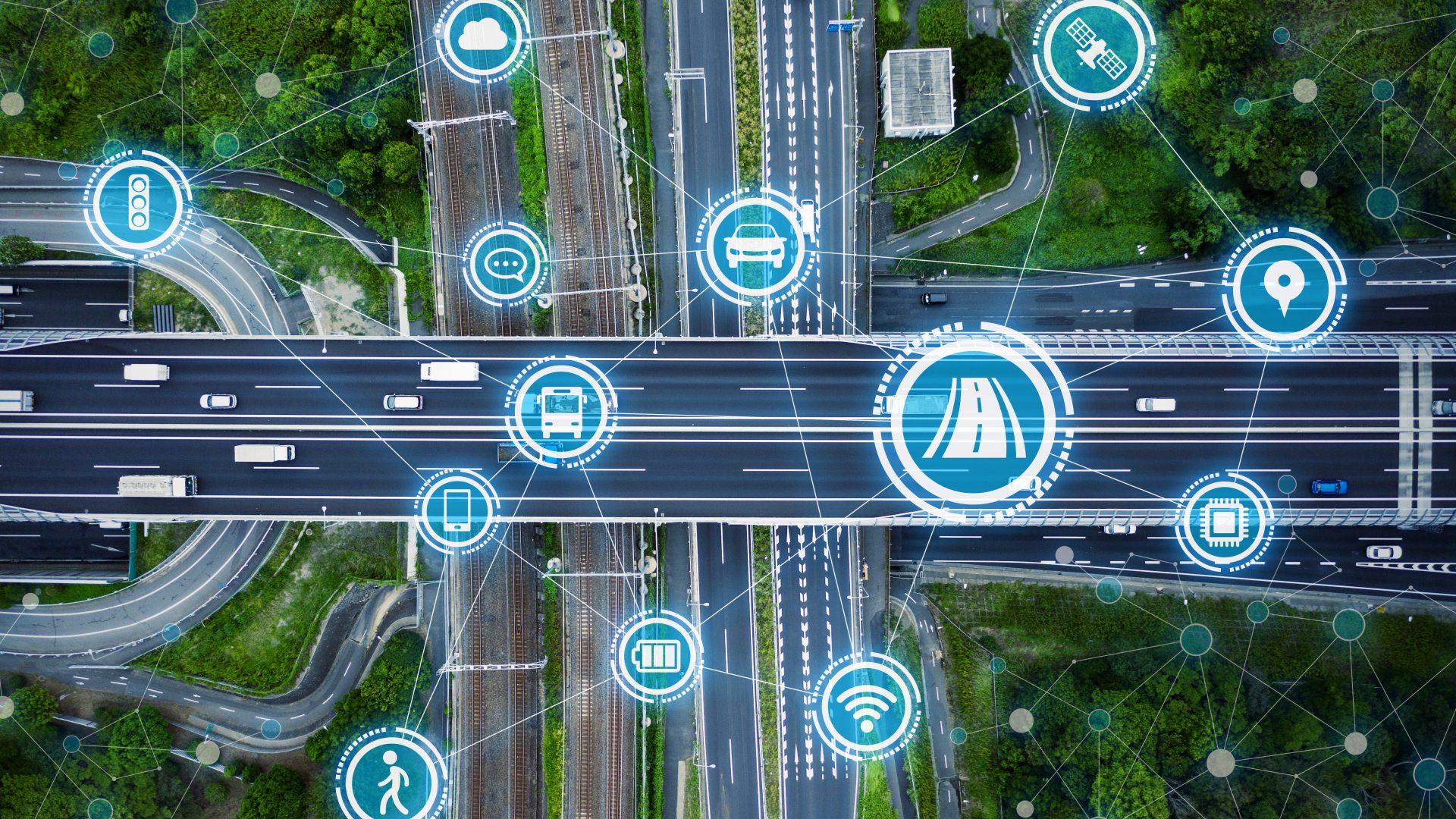
transport & mobility
EU sustainable & smart mobility strategy – prospects for HERE Technologies
In her November 2019 mission letter, Adina Valean, Commissioner for Transport, was asked to “put forward a comprehensive strategy for sustainable and smart mobility”. The Commission will adopt such a strategy in early December 2020. The aim is to lay the foundations for an EU transport sector that suits a clean, digital and modern economy.

Marion Auzolle, Head of Government Relations EU at HERE Technologies, outlined her company’s expectations on the upcoming EU Sustainable and Smart Mobility Strategy. HERE pioneered location technology to become a European leading technology platform at a global level. Read Marion’s interview to find out how digital mobility solutions powered by HERE can help achieve Europe’s ambition for a greener, more connected, and automated transport sector.
Sustainable and smart must go hand-in-hand because we see them more and more interdependent.
What will be the impact of such emission targets for your organisation?
Marion Auzolle (MA): From our perspective, location technology plays a significant role in fulfilling the Green Deal’s ambitious objectives. To help vehicle manufacturers and end consumers reduce greenhouse gas emissions, HERE is heavily investing in developing first-in-class products. For example, HERE EV Charge Points, aiming at increasing the uptake of hybrid and electric vehicles in Europe by solving the major hurdle of range anxiety. Given the challenge ahead of us, it is essential to remain focused on the holistic picture and not think in silos. Sustainable and smart must go hand-in-hand because we see them more and more interdependent.
There will be no autonomous car without a High-Definition map.
What are the most promising business opportunities for you in the age of “digitalised transport”? Or areas for improvement?
MA: As the worldwide leading location technology provider, we see great potential in deploying connected and automated mobility. We have several products supporting advanced driver-assistance systems (ADAS) and helping drivers make optimal decisions. These systems provide information about speed limits, road hazards or traffic conditions. They are paving the way to fully autonomous driving. There will be no autonomous car without a High-Definition map, powered by HERE, which serves as the “brain”. The current COVID-19 context has also highlighted the necessity to guarantee a seamless and 24/7 delivery environment. To that end, HERE is working on solving last-mile issues or developing smart fleet management solutions.
For all these use-cases, we strongly believe in a one-stop-shop platform approach. By simplifying data access and harmonising formats, it boosts the efficiency of transactions. Most importantly, the platform provides a critical mass of data, which is vital for enhancing business opportunities and innovation.
We need the European Commission […] to improve data access and facilitate data flows.
Which EC initiatives could support your industry in reaching its business objectives?
MA: What we need is that the European Commission seeks to improve data access and facilitate data flows. Both are crucial for our business and the entire digital economy in Europe. In that regard, the European Common Data Spaces initiative can represent a step in the right direction. It could foster the development of EU-wide digital services for more connected and green mobility. More specifically, it would allow European mobility data platforms to emerge. HERE, as a European champion, has a crucial role to play in that regard. We are already contributing to setting up the German Mobility Data Space. The so-called “Datenraum Mobilität”, under the GAIA-X initiative, aims to pave the way to EU-wide data spaces.
[…] we need to reinforce our partnerships within trade associations.
Given the COVID-19 context (no F2F meetings, etc.) how will you adapt your engagement strategy with policymakers to make your voice heard?
MA: This COVID-19 context has indeed created a “new normal” in our daily work life and obviously in the way we envisage public affairs. We might have been doubtful about the efficiency of virtual F2F meetings at the very beginning. It is now clear that both companies and EU Institutions have successfully adapted to this way of working. And we are still on a learning curve! In the end, the COVID-19 crisis and its ensuing economic recession have taught us two things. First, our companies must prioritise business-critical topics. Second, we need to reinforce our partnerships within trade associations to better stick together.
